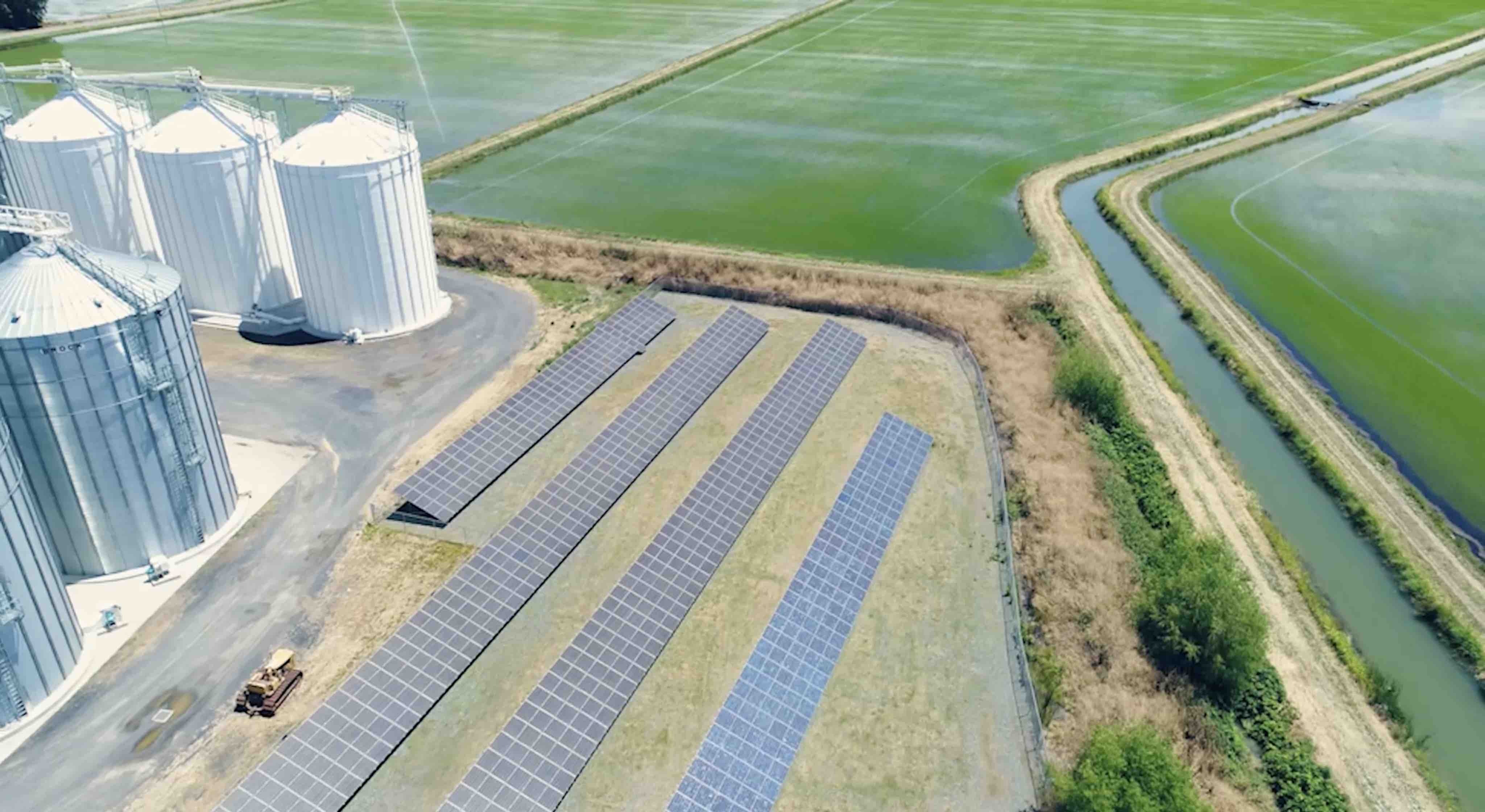
We tend to think of climate change as something that impacts ice caps or forests. However, in California, we’re seeing the effects of climate change firsthand. Last year, record-breaking wildfires tore through our community. At the same time, people around the world pulled together to battle COVID-19 in a powerful demonstration of our interconnectedness and, more than that, our ability to work together for a healthier world.
So, even in the wake of an unprecedented year, we see an opportunity for sustainable change if we all pull together and do our part. After all, at Lundberg Family Farms, we need only look to our company’s history to see that desperation often precedes action.
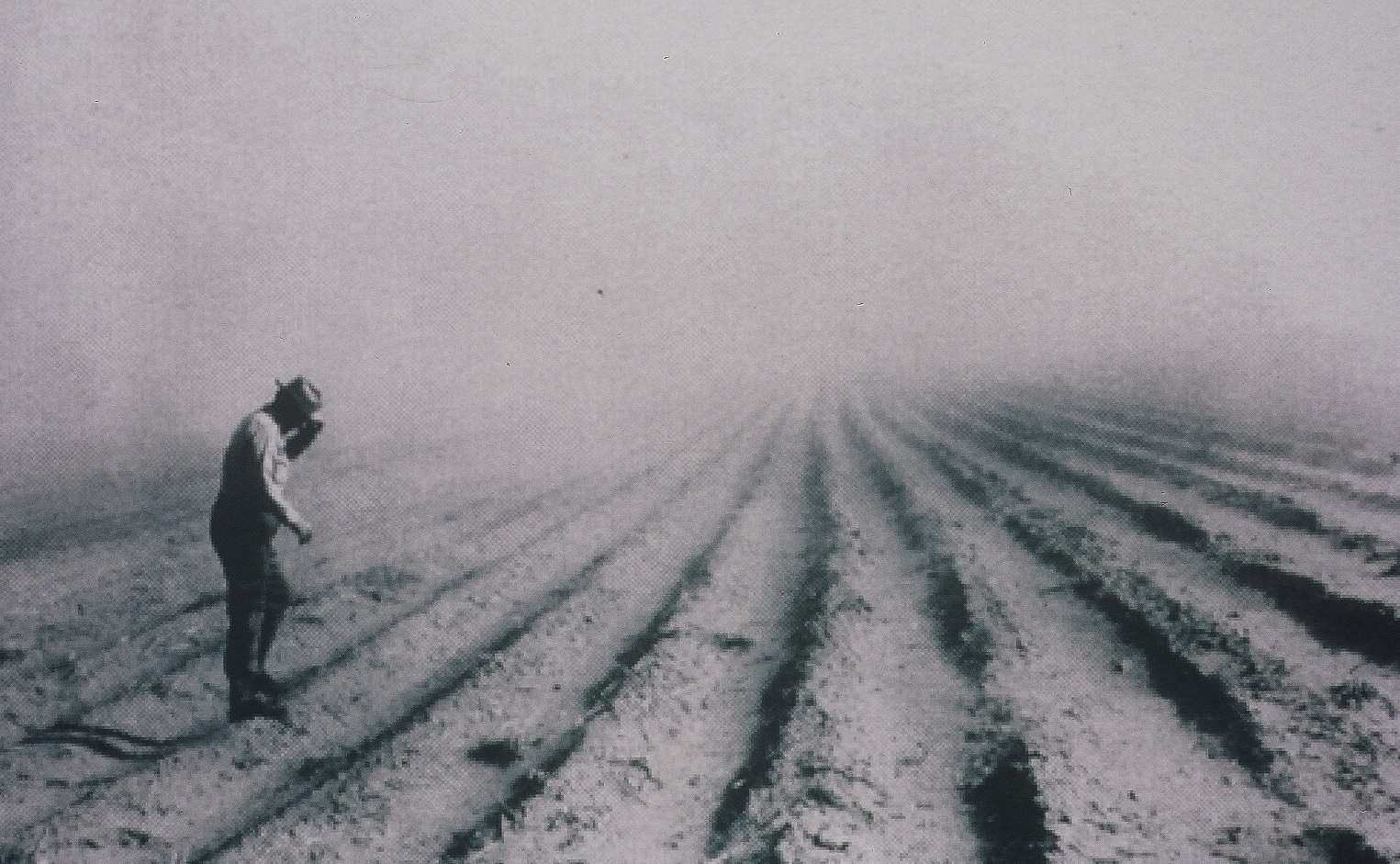
In 1937, Albert and Frances Lundberg left Nebraska in the wake of the Dust Bowl. They saw what happens when over-plowing and drought combine. When they moved to California, they committed to working in partnership with nature, not against it. It’s a long row to hoe, but our team continues to follow in our founding fore-farmers’ footsteps by prioritizing sustainability every step of the way.
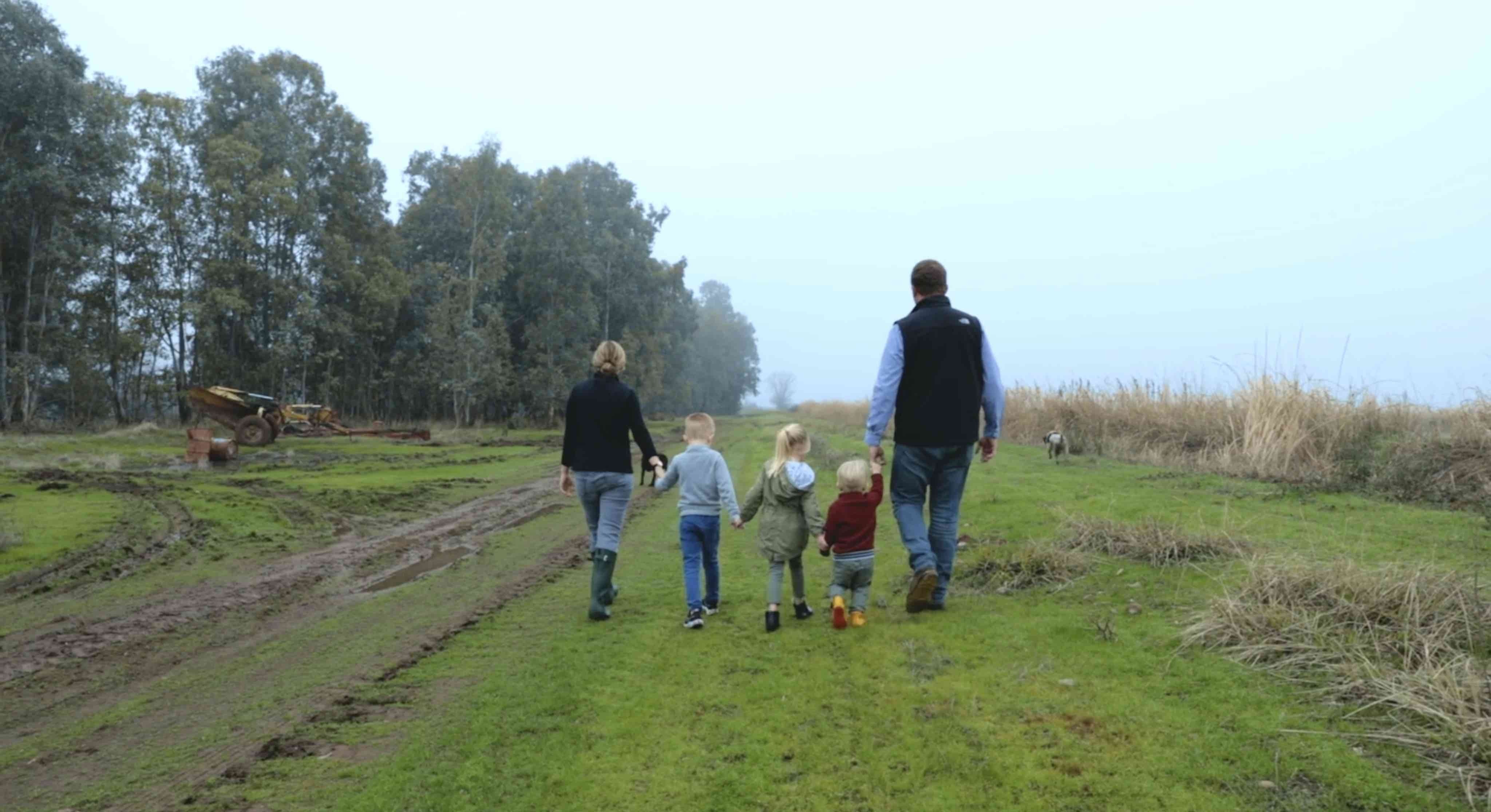
As a farm and food manufacturer, we have a huge opportunity to make a positive impact on the world!
The Intergovernmental Panel on Climate Change (IPCC) estimates that 21% to 37% of global greenhouse gas (GHG) emissions are attributed to the world’s food system. These emissions come from agriculture, storage, transport, packaging, processing, retail, and consumption.
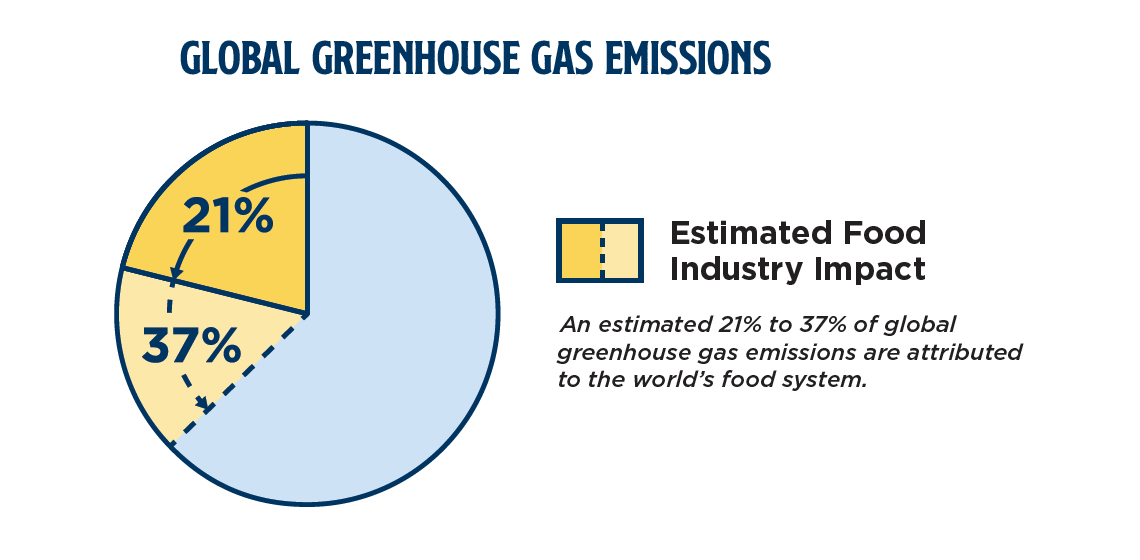
Through the Sustainable Food Trade Association and the Climate Collaborative, we’ve committed to working toward improvement across eleven action categories ranging from land use and organic farming practices to energy generation and manufacturing efficiencies. While we aim to make progress in every category, we’ve decided to focus on five to maximize our impact:

To make sure we’re moving in the right direction—and at the right pace—we conduct annual performance audits and share the results in our annual Sustainability Report.
Without further ado... we're delighted to share our 2020 Sustainability Report!
Read our 2020 Sustainability Report!
The results included in this report are relevant and necessary indicators of our progress from September 2019 to August 2020. And what progress we’ve made!

We give 100% to achieving zero waste! Our zero waste journey began in 2008, when mixed recycling bins were made available in Richvale, the little town we call home. Since then, our zero waste program has grown to include a lot more than a few mixed recycling bins! In fact, we collect, sort, and recycle just about everything—99.7% to be exact—from packaging to scrap metal to uniforms (which are broken down and used as insulation in vehicles).
This figure, which we call company waste, includes rice byproducts such as hulls and bran. While we’re proud to divert so much material from the landfill, we also realize that including byproducts can obscure the solid waste materials leaving our production facilities. So we don’t settle for diverting 99% of company waste; we also aim to divert 95% of facility waste, which does not include byproducts.
In 2020, we exceeded our goal by diverting 95.78% of facility waste and 99.71% of company waste, enabling us to maintain Platinum TRUE (Total Resource Use and Efficiency) Zero Waste certification!
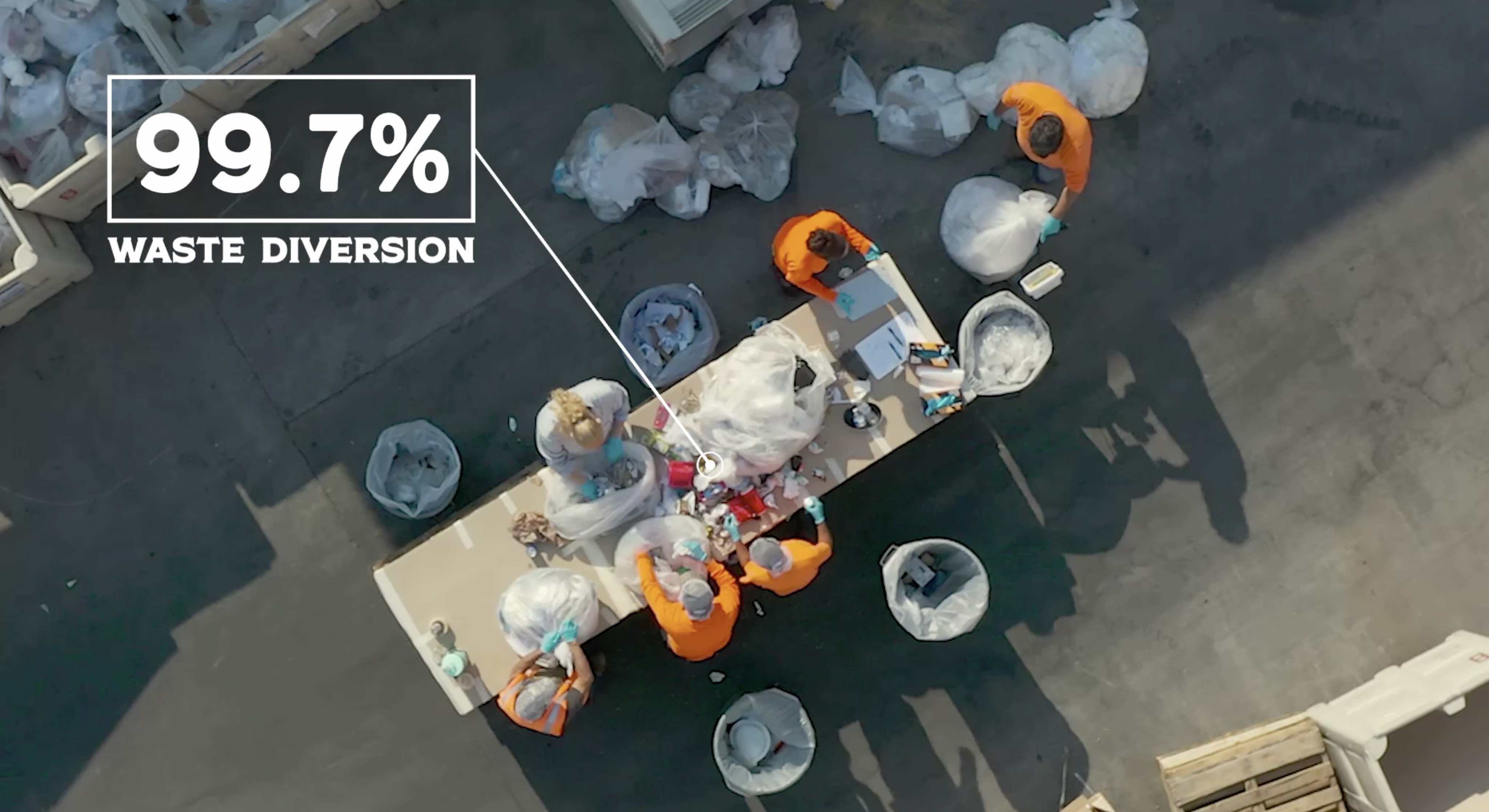

As Bill Gates recently wrote, “We should discuss soil as much as we talk about coal.” At Lundberg Family Farms, we’re more likely to reference Albert Lundberg’s motto: “Leave the land better than you found it.” Either way, we cultivate rice from the ground up using eco-positive farming methods that prioritize soil health and help mitigate climate change. Our key farming practices include:
Planting Cover Crops: Like green juice for the ground, cover crops restore nutrients to the soil! We plant them during the winter so photosynthesis can occur year-round, bringing carbon out of the air and putting it into the ground. This creates a better home for microbes, which naturally make nitrogen, an essential part of the soil’s well-balanced diet.
Incorporating Rice Straw: Our founders saw the value of returning rice straw to the soil long before a 1991 act was passed to curb the practice of burning it. Other farmers laughed at their efforts to turn straw into the soil because the task was so cumbersome. Now, incorporating rice straw is common practice to protect air quality. Plus, it builds organic matter!
Natural Weed Control: We manage weeds naturally—with water! A few weeks after planting, we raise the water level just high enough to drown the grass weeds, but not so high that it harms the rice. When
the aquatic weeds begin to emerge, we return the water to rivers and streams, drying up the fields to control these water-loving weeds—no herbicides needed!
This year, we were honored to receive Rodale’s Organic Pioneer Award for our contributions to the organic movement.
Our family has been prioritizing soil health since 1937. So, at this point, our goal is to maintain the healthy soil we’ve built over decades. That said, we’re working with the Cool Farm Alliance to better understand emissions related to our farming practices. Our ultimate goal is to complete a five-year baseline assessment of emissions company-wide—from the farm to our facilities—so we can set long-term goals related to climate change.

In 2020, we increased our energy use by 1% instead of decreasing it by 2%. However, we were still able to increase our on-site solar generation from 19% to 21%. We also completed phase one of PG&E’s Strategic Energy Management Program, led by CLEAResult, through which we’ve committed to a continuous energy improvement plan. We also generated $108K in energy savings. As if that wasn’t reward enough, our administration building outperformed 77% of similar buildings nationwide, earning us ENERGY STAR certification for the second year in a row!
But at Lundberg Family Farms, we don’t stop at the stars—we shoot for the moon, by which we mean 100% renewable energy! So we continue to purchase renewable energy credits (RECs) to offset all grid electricity. Between on-site generation and RECs, we’ve been powering and offsetting our office and manufacturing facilities with 100% renewable energy for 18 years running.
Green power is a “natural” fit for us, and this year, we were honored to receive an EPA Green Power Leader Award for our work to advance the green power market for a greener, cleaner future!


Packaging is a challenge for the entire food industry. To better understand the footprint of our products, we partnered with a local university and major software company. What we learned is now broadly understood within the food industry: about 75% of a food product’s carbon footprint is generated in the production of that product from the fields to the point of packaging, while around 12% of a product’s footprint can be attributed to the packaging itself. With this in mind, we prioritize the integrity of our product and take a holistic approach to sustainability, ensuring our products are created sustainably every step of the way, from seed to shelf.
Still, we’re constantly reviewing and driving innovation within the industry. This year, we were excited to participate in a packaging trial to transition from #7 to #4 rice pouches, which are easier to recycle. We were also eager to participate in a bioplastic trial to conduct shelf-life testing both at our facility and with a third party. Unfortunately, both trials were delayed due to the global pandemic. However, we will
try—or trial—again next year!
As we work toward our ultimate goal of compostable packaging, we continue to look for ways to improve the recyclability of our current packaging. This year, we partnered with our friends at TerraCycle to ensure that our flexible packaging can skip the landfill for a second life as durable plastic goods, like park benches. Follow the link to find or start a TerraCycle collection site near you!
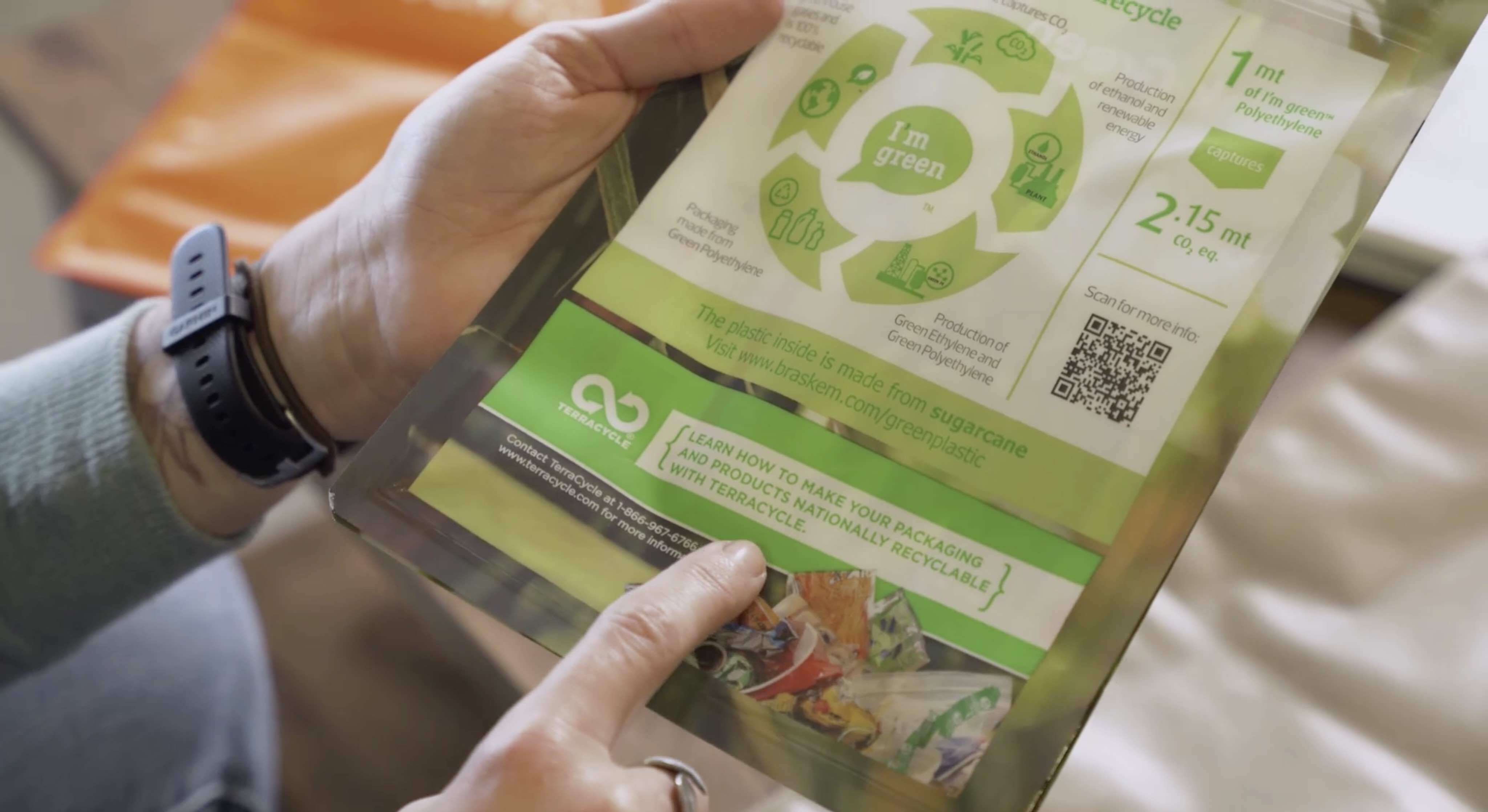

As Homer Lundberg says, “No one knows as much as we all know.” In fact, Lundberg Family Farms was born of collaboration—among Homer, his brothers, and their parents. In this spirit, Lundberg Family Farms is committed to supporting organizations that help protect and improve our planet for generations to come. We’re actively engaged in 10 organizations that support organic farming, water conservation, and environmental stewardship.
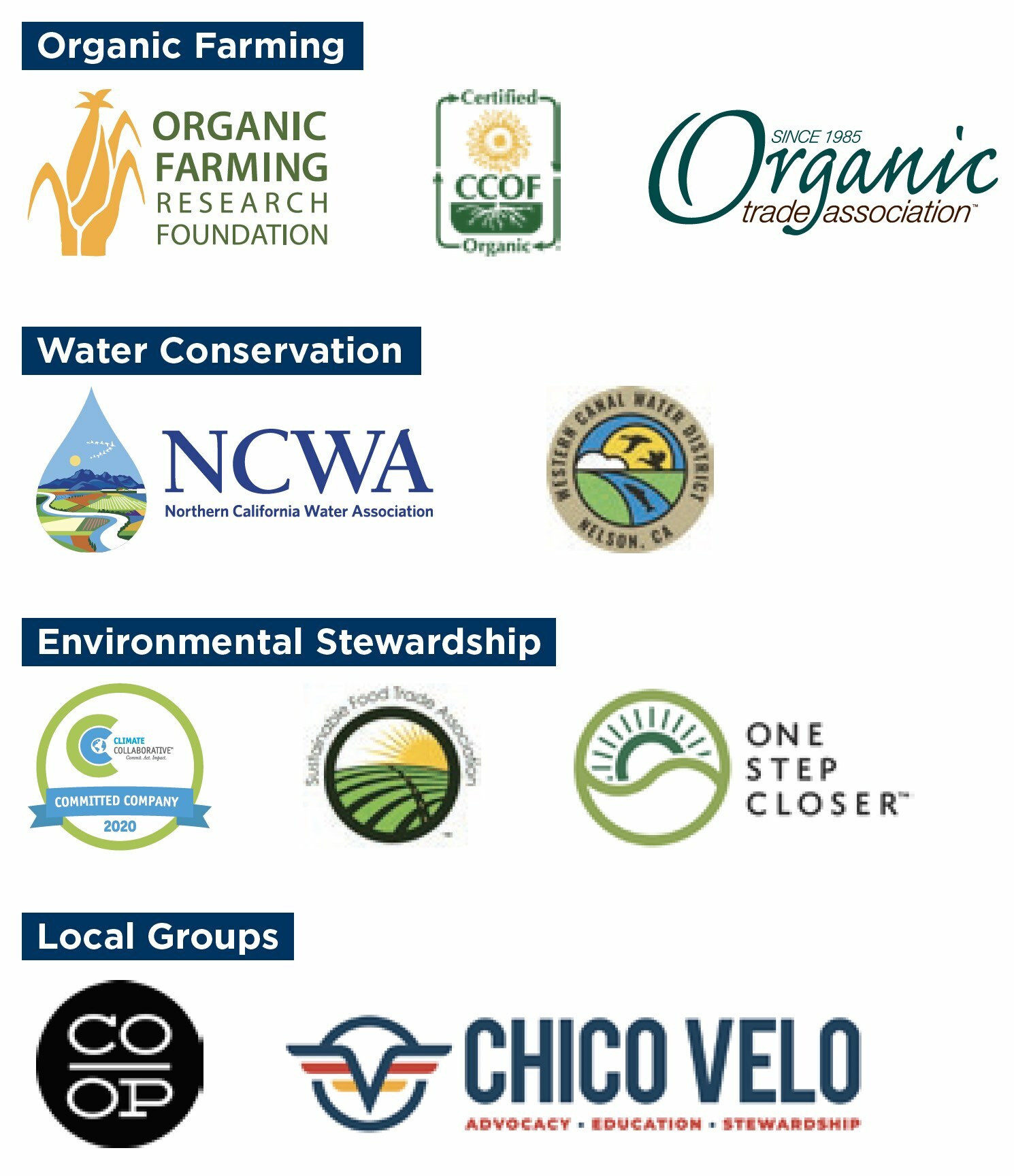
This year, we doubled down on policy engagement by participating in the Organic Trade Association’s Organic Day, joining with 300 businesses in Ceres’ Lawmaker Education and Advocacy Day (LEAD on Climate 2020), backing the Plastics Free California Initiative, and more. We also support organizations like the Center for Land-Based Learningand have joined the J.E.D.I. Collaborative to help cultivate a culture of inclusivity at all levels of the food system!
Hungry for more?
While we’re focused on Waste, Soil, Energy, Packaging, and Policy Engagement, we’re also devoted to addressing Biodiversity, Water, Climate Change, Transportation, Consumer Engagement, Labor Practices, and more. Follow the link to read the full report and find out what’s next!
At Lundberg Family Farms, we cater to a need for healthy, great-tasting food—from arborio rice to red rice and organic brown rice cakes to brown rice syrup. But our mission extends far beyond the table: To honor our family farming legacy by nourishing, conserving, and innovating for a healthier world. We’ve built more than 80 years of earth-friendly farming momentum, but we’re just getting started. Because around here, we take pride in never settling. Always finding a better way. A way to make better food for the table while leaving a better world for the next generation.
Let's keep growing together for generations to come!
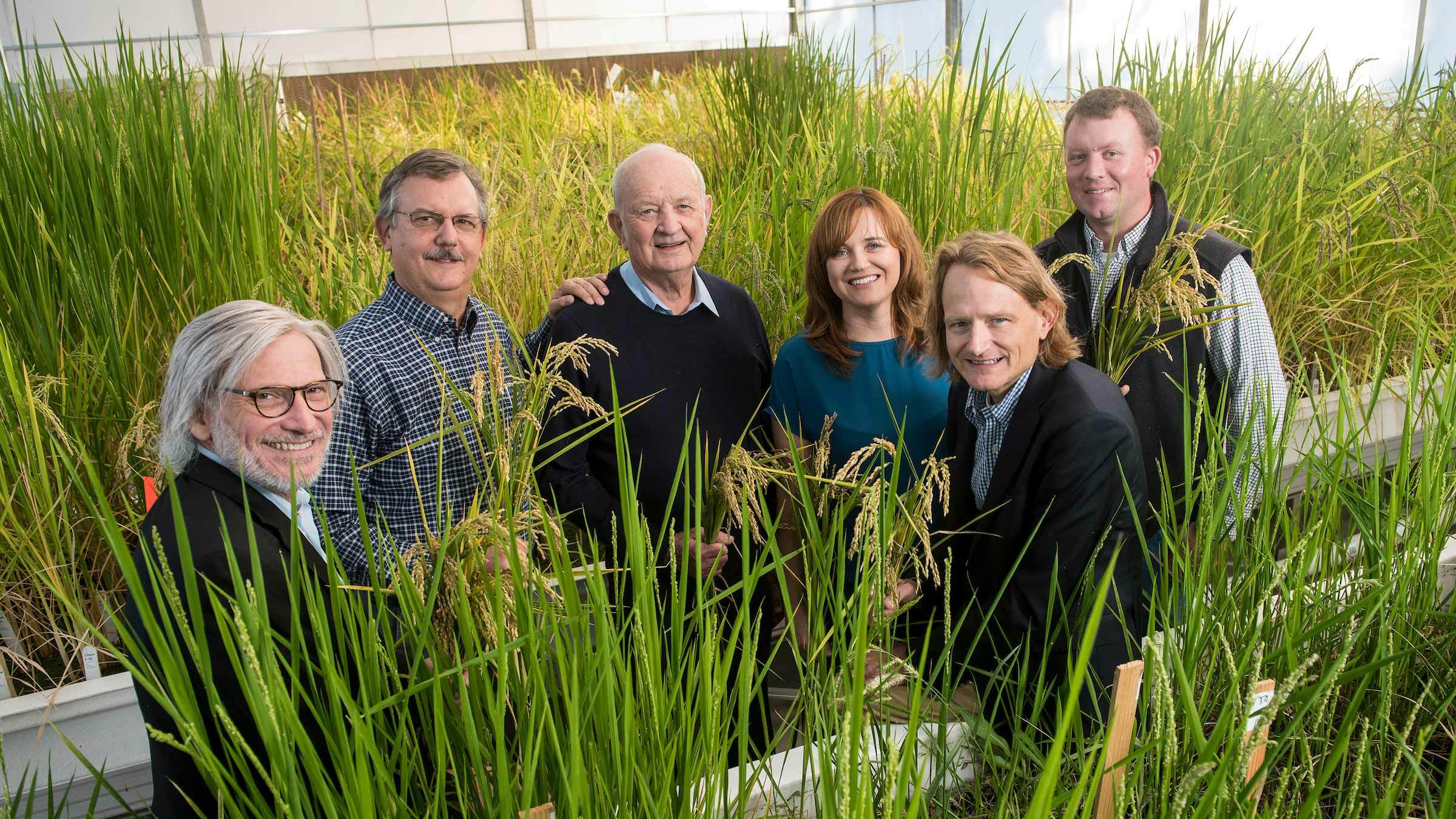
Members of the Lundberg family's second, third, and fourth generations: Tim Schultz, Mark Lundberg, Homer Lundberg, Jessica Lundberg, Grant Lundberg, and Anders Lundberg.

Meet and Greet and Eat at
Lundberg Social Media Links